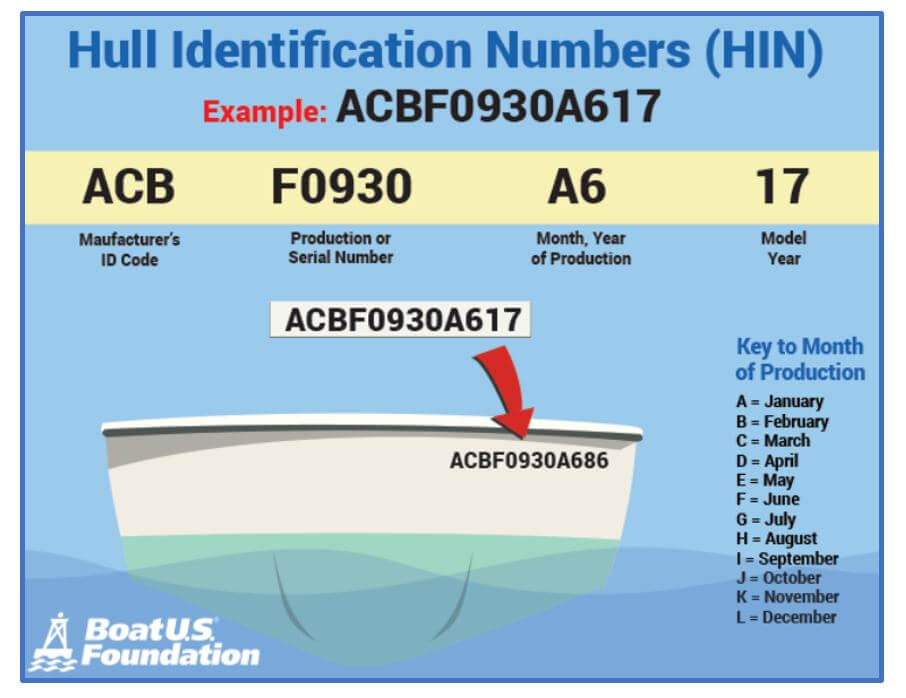Enter Your Banking Information on the payment page:
- Checking or Savings: Select whether your bank account is a checking or savings account.
- Routing Number: Enter your bank routing number.
- Account Number (numbers only): Enter your bank account number. Be extremely careful to enter your entire bank account number correctly. Verify the number you have entered prior to authorizing payment. Entering an incorrect bank account number and/or entering alpha characters can cause the payment to be rejected, causing penalty and interest to be assessed against your company.
Note: If you have debit block on your bank account, please provide the following information to your bank so that your bank will allow the tax payment(s) to be processed without rejecting:
| MAT6045055 |
(Company ID #) for Alabama Department of Revenue Payments |
| 2621862182 |
for Company ID #’s for Self-Administered Jurisdiction Payments |
Payment Date: Payment Date is the date the payment will be sent to your bank. This date will default to the current date if payment is authorized prior to 4:00 p.m. CST, or the next day if payment is authorized after 4:00 p.m. CST. The Payment Date is editable if your payment is for a current return and is initiated before the Remit Due Date. In this case, you can choose to warehouse your payment up to the Remit Due Date.
If you wish for the payment to not be deducted from your bank account until the due date, you must edit the payment date field and enter that date. You can change this date to any date from the default Payment Date up to the remit due date. Unless you select a later date, the payment will be deducted from your bank account the next business day and paid directly to the government entity(s) listed under Pay To The Order Of.
Due Date: Due Date is the last date in which the payment is due before it is considered delinquent. PLEASE NOTE: To be considered timely paid an EFT payment must be transmitted by 4:00 p.m. CST on or before the Due Date so that the funds are immediately available to the State on the first banking day following the due date of payment.
Remit Due Date: Remit Due Date is the date in which you must submit the return for the EFT payment to be considered timely paid. NOTE: To be considered timely paid an EFT payment must be transmitted by 4:00 p.m. CST on or before the Due Date so that the funds are immediately available to the State on the first banking day following the due date of payment.
Early Filing and Payment, and Warehousing the Payment: If you make your payment prior to the Due Date, the payment will be deducted from your bank account the next business day. However, you can choose to warehouse your payment up to the Remit Due Date so that the payment is not deducted from your bank account until the date you specified.
If you wish for the payment to not be deducted from your bank account until the DUE DATE, you must edit the payment date field and enter that date. You can change this date to any date from the default Payment Date up to the remit due date. Unless you select a later date, the payment will be deducted from your bank account the next business day and paid directly to the government entity(s) listed under Pay To The Order Of.
Late Filing and Payment: If your return and payment are not timely filed and paid, you will be billed the appropriate interest and penalty. You cannot edit the Payment Date field for late payments. The payment will be deducted from your bank account the next business day from the Payment Date.
Pay To The Order Of:
- Alabama Department of Revenue Payments: Payments to Alabama Department of Revenue will be made directly to the State of Alabama’s bank account.
- Self-Administered Jurisdiction Payments: Payments to self-administered jurisdictions will be processed and transmitted to the self-administered jurisdictions’ bank account and NOT to the State of Alabama’s bank account. You cannot cancel EFT payments made to self-administered jurisdictions through this System once the return with payment has processed.
Amount: The payment amount that will be deducted from your bank account.
Click the Continue button to verify the payment. Once verified, click the Authorize button to initiate the payment and receive your confirmation number.
